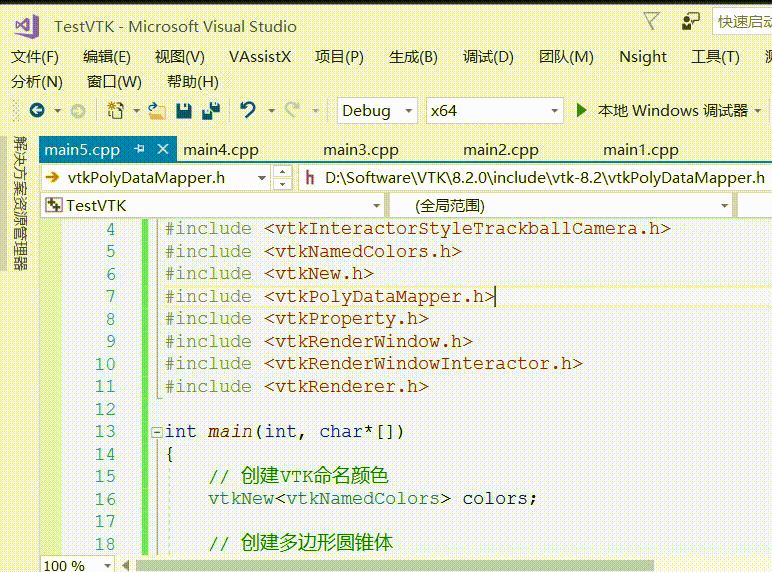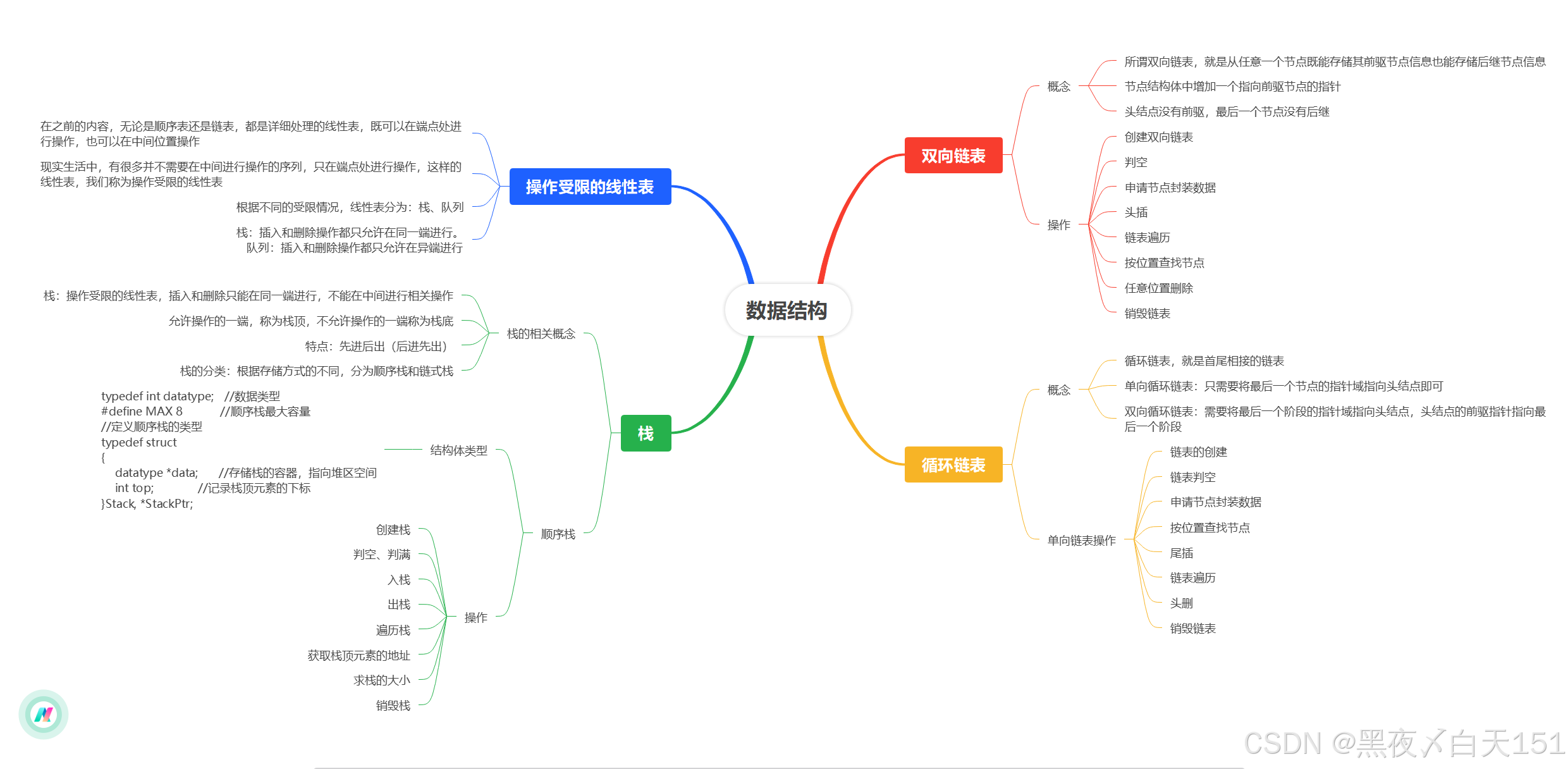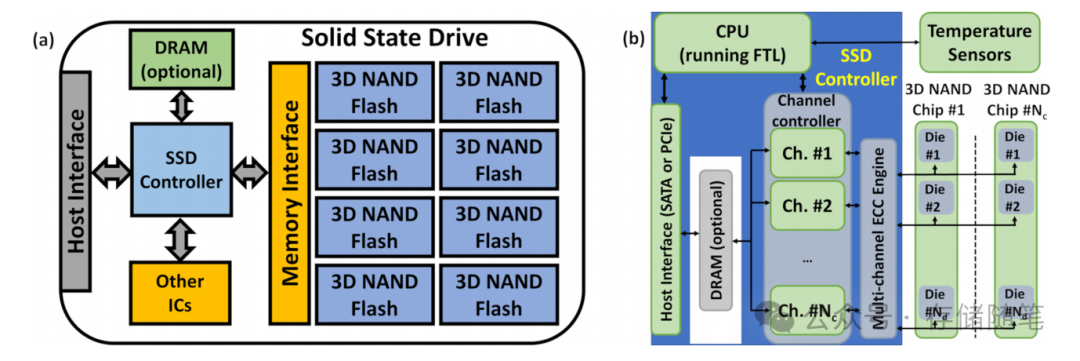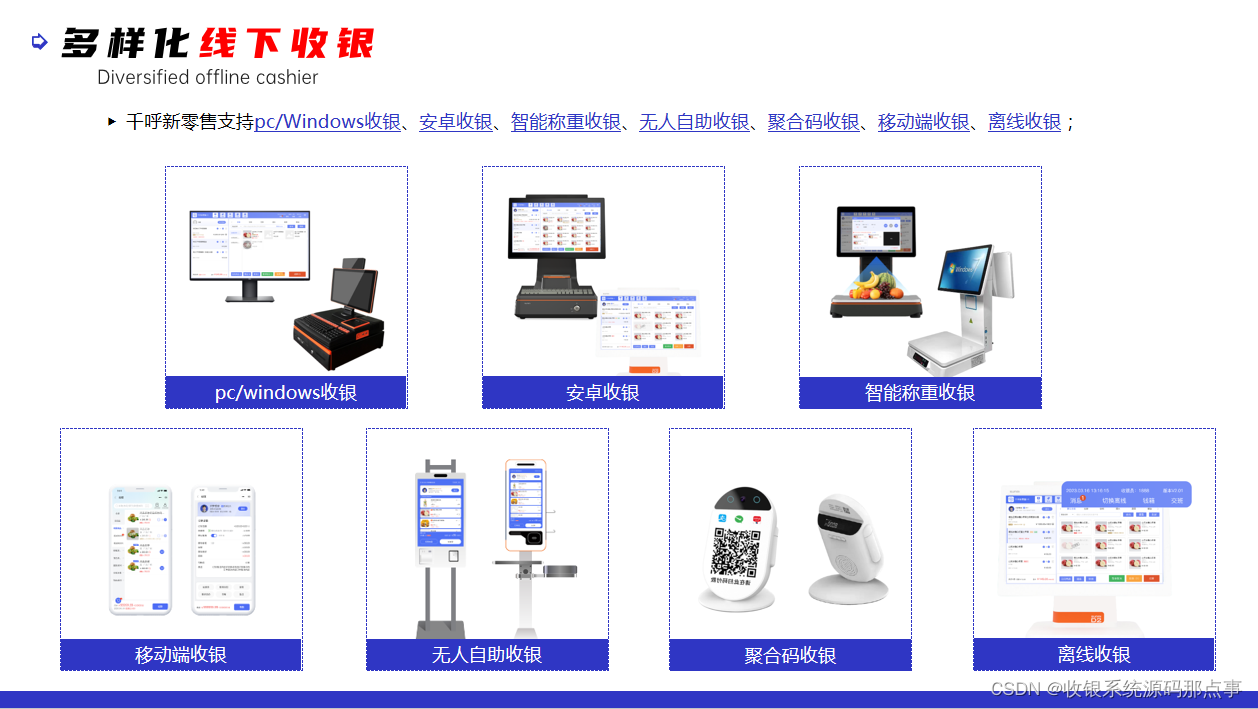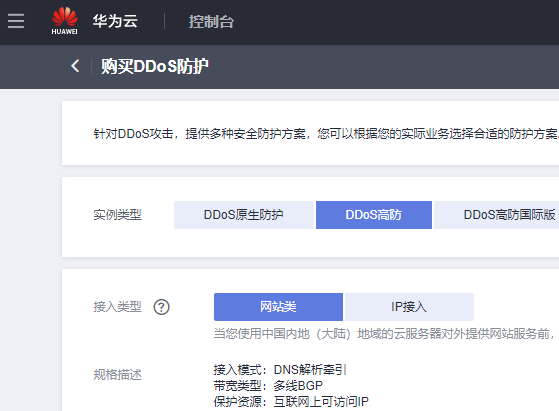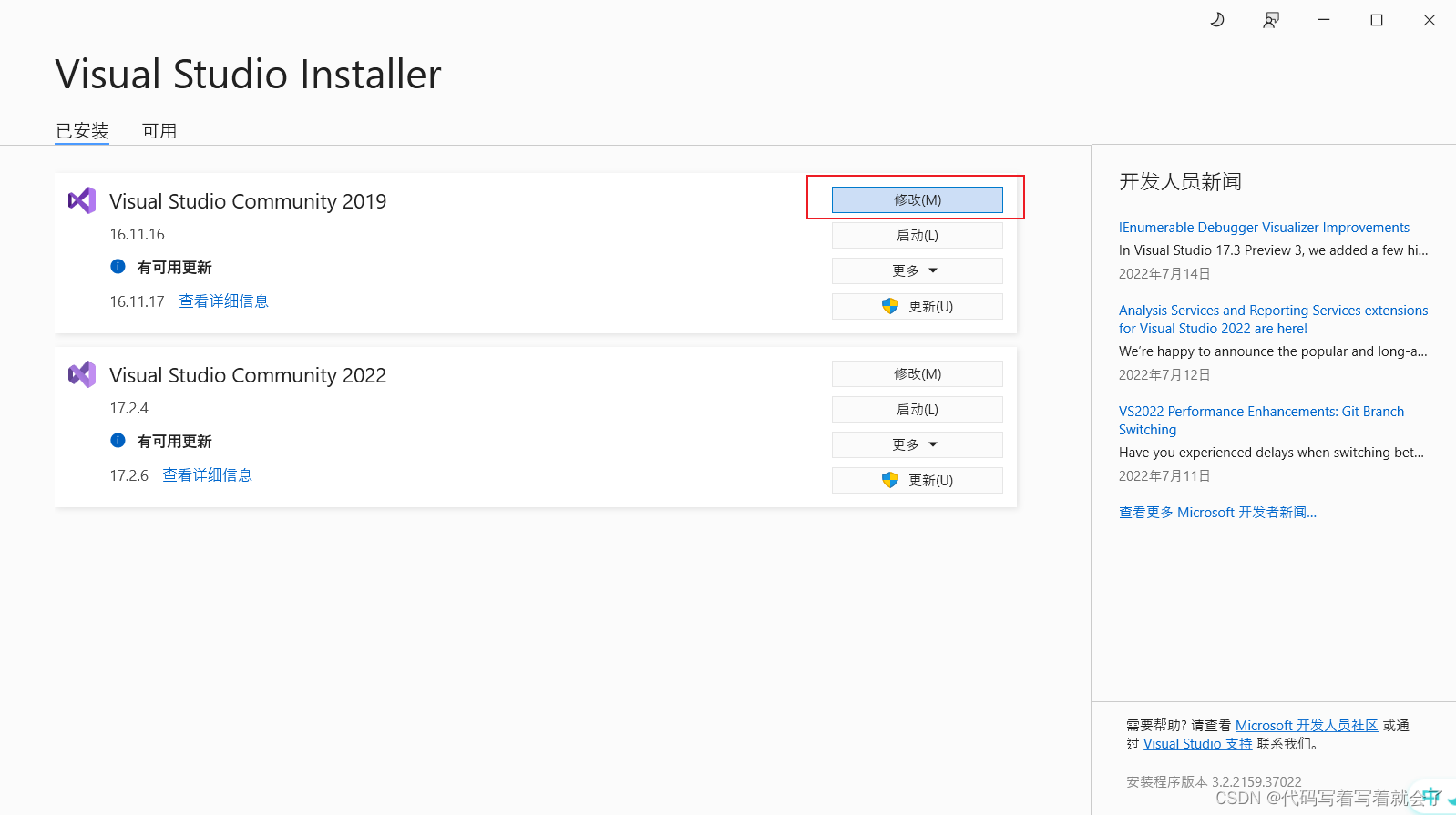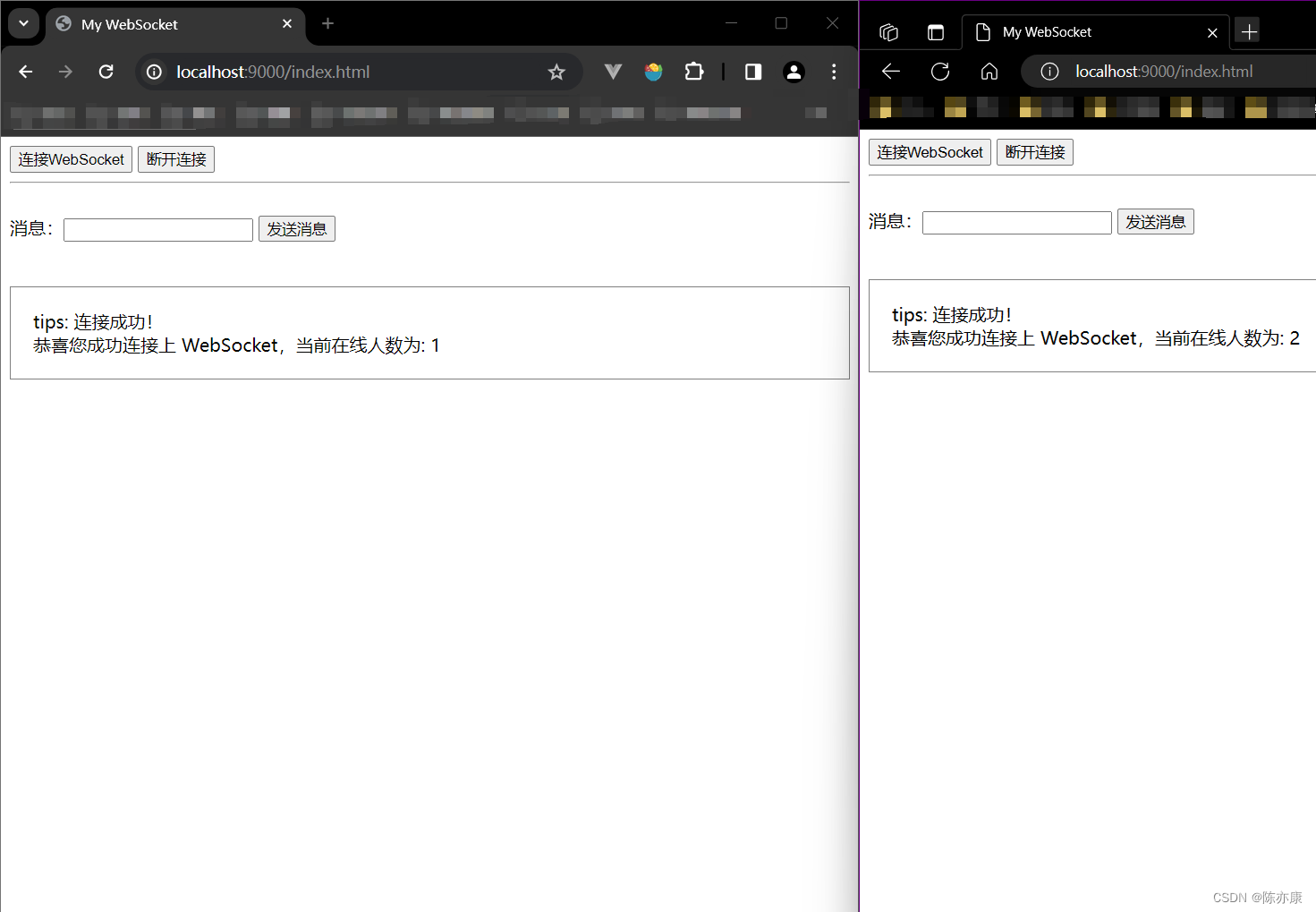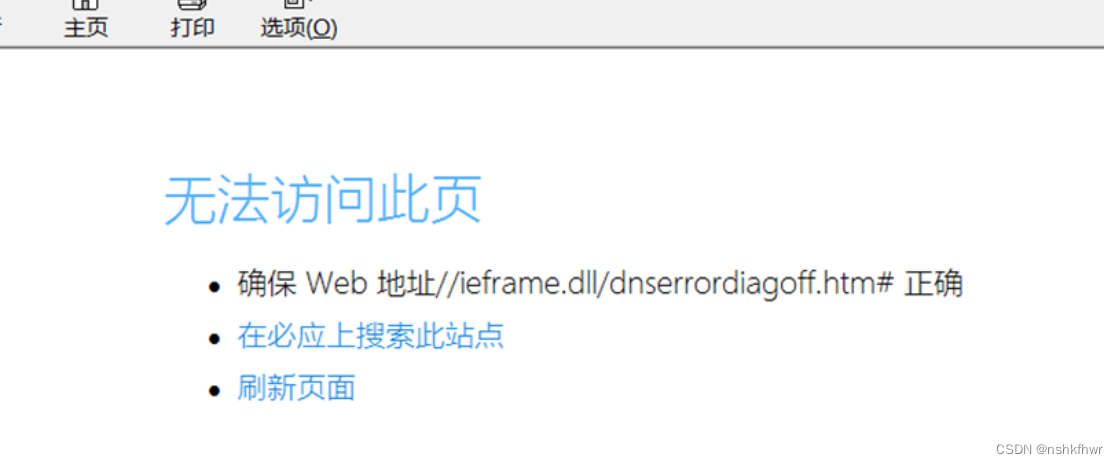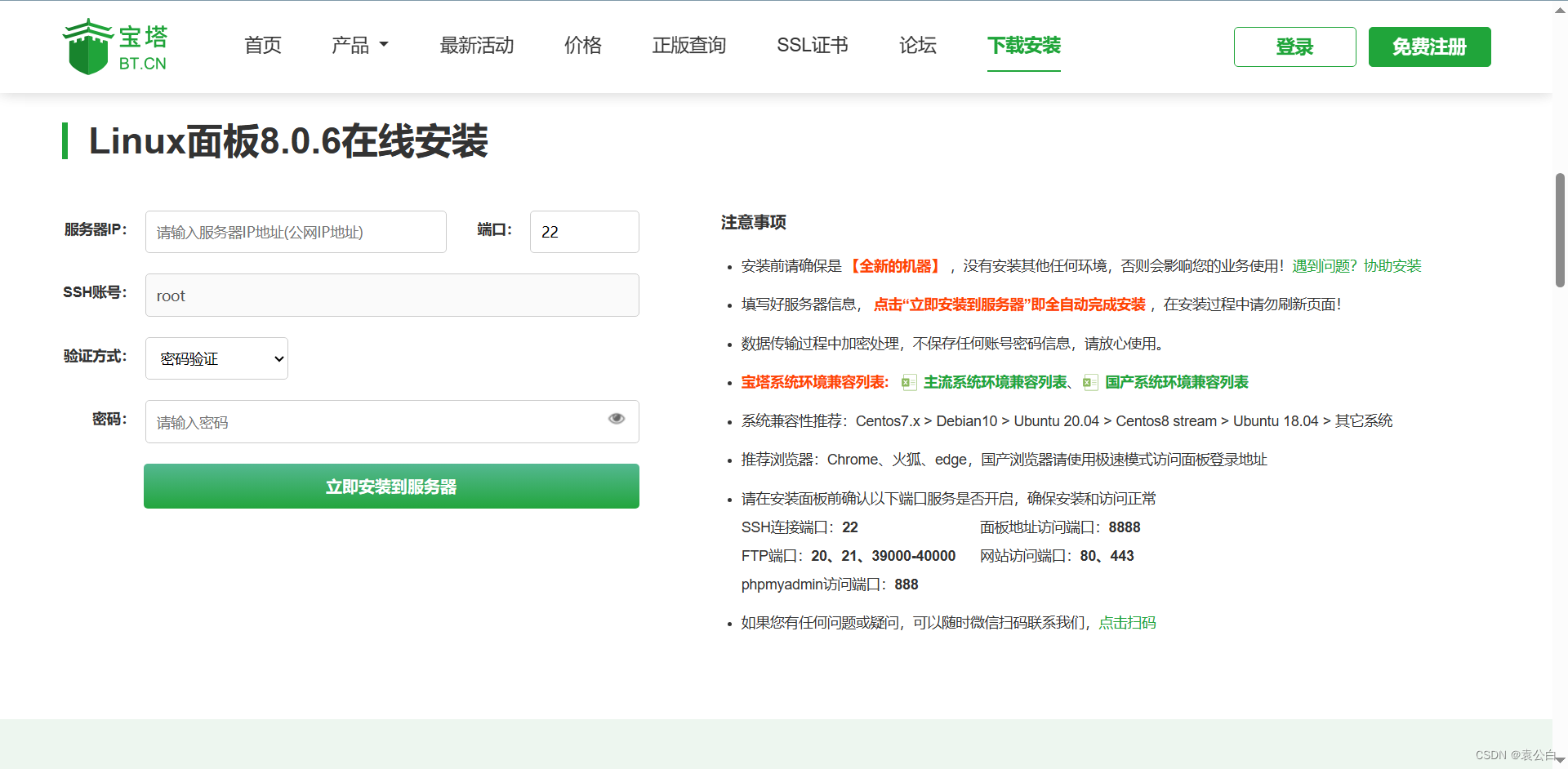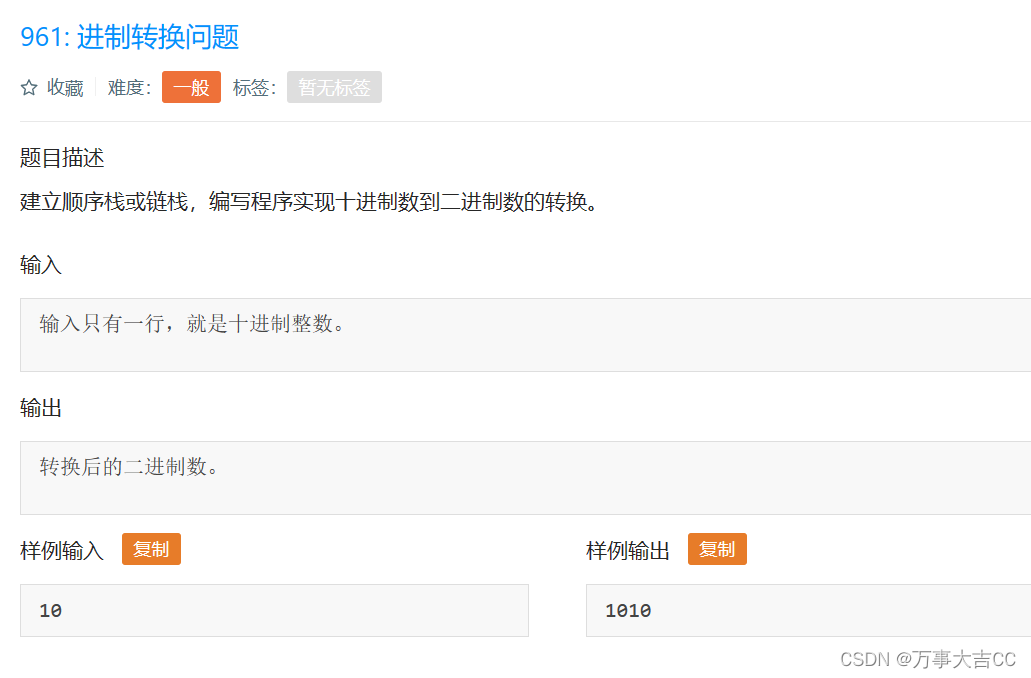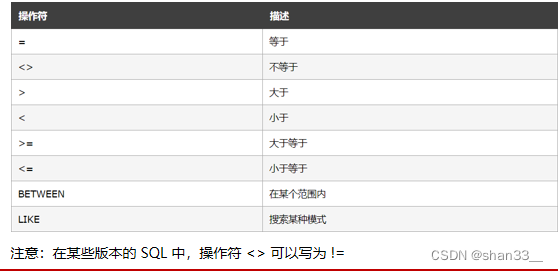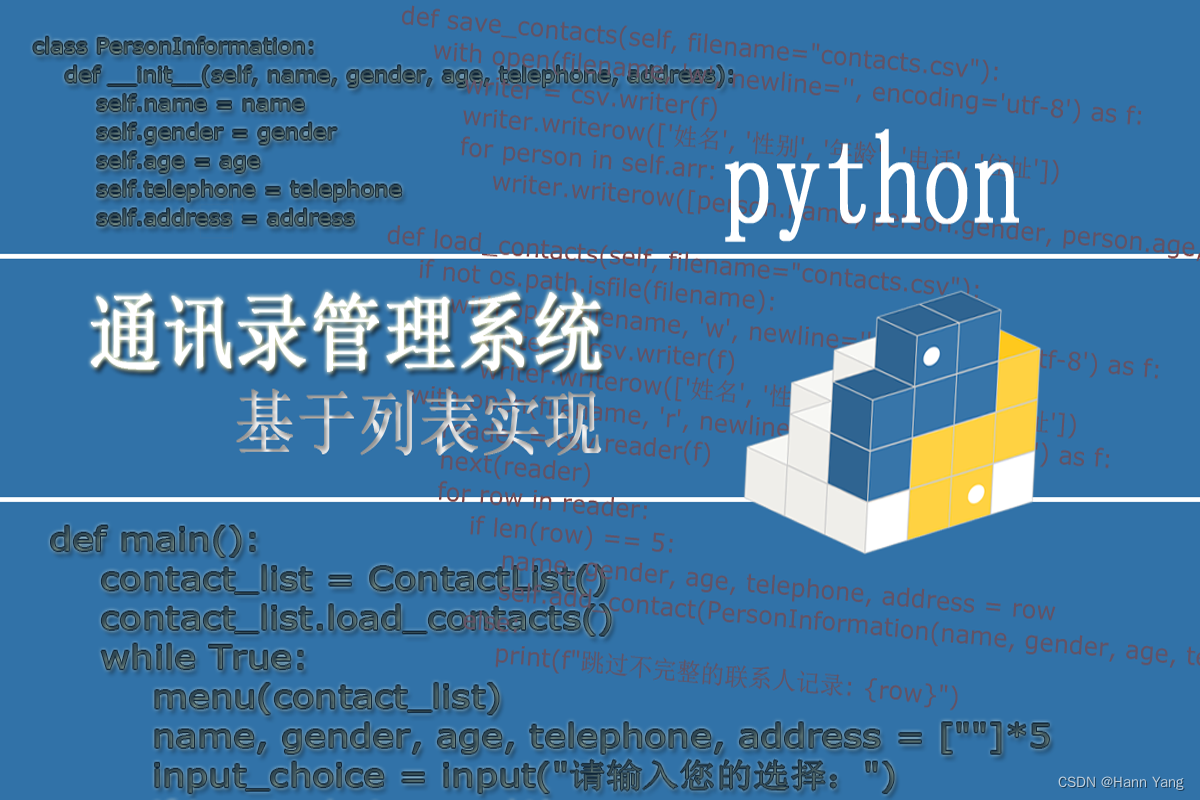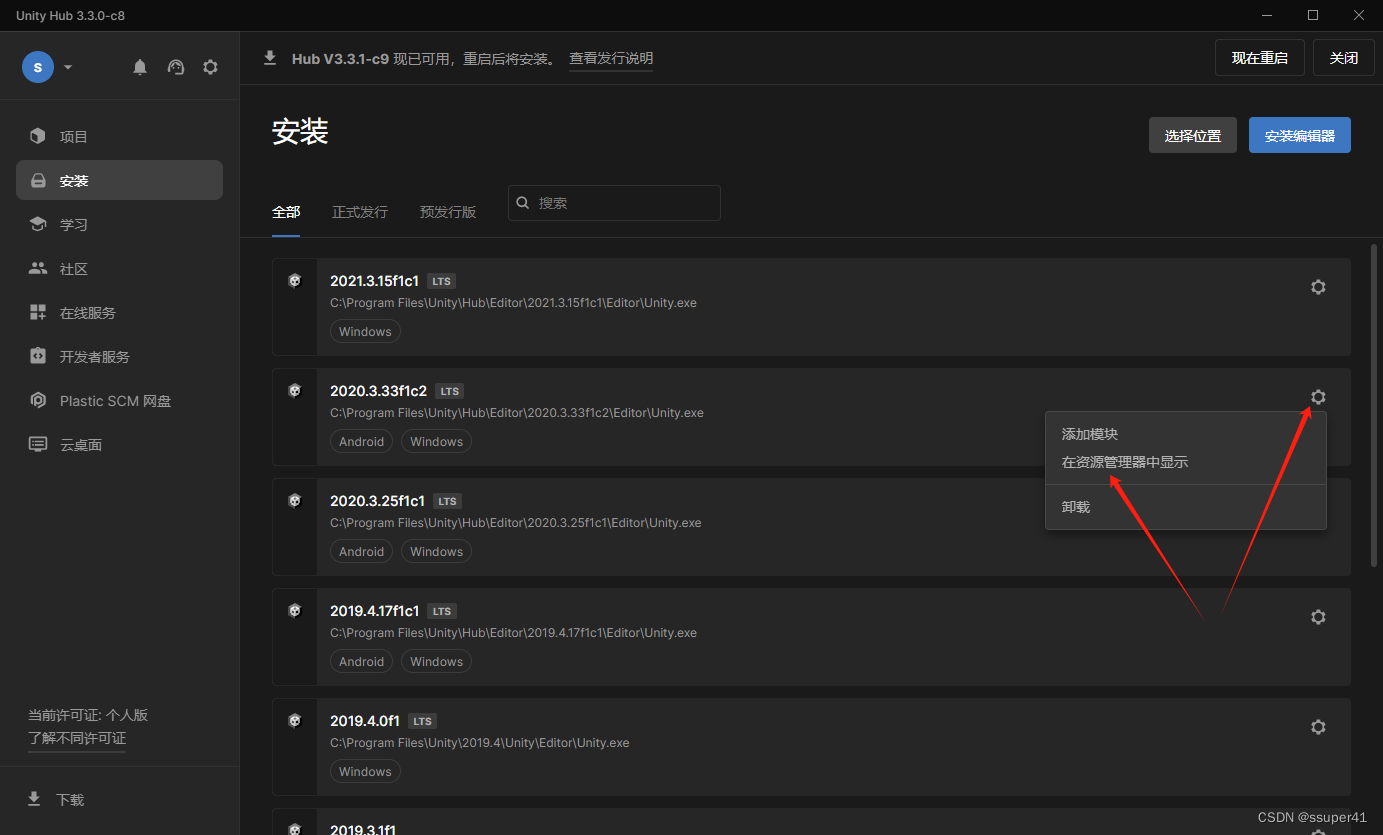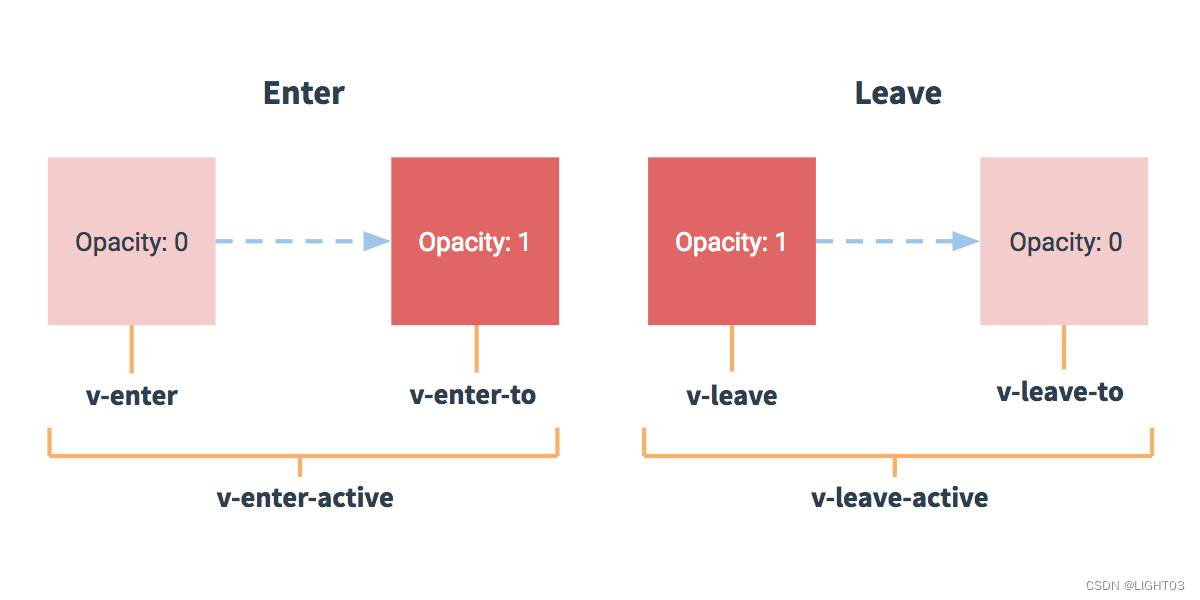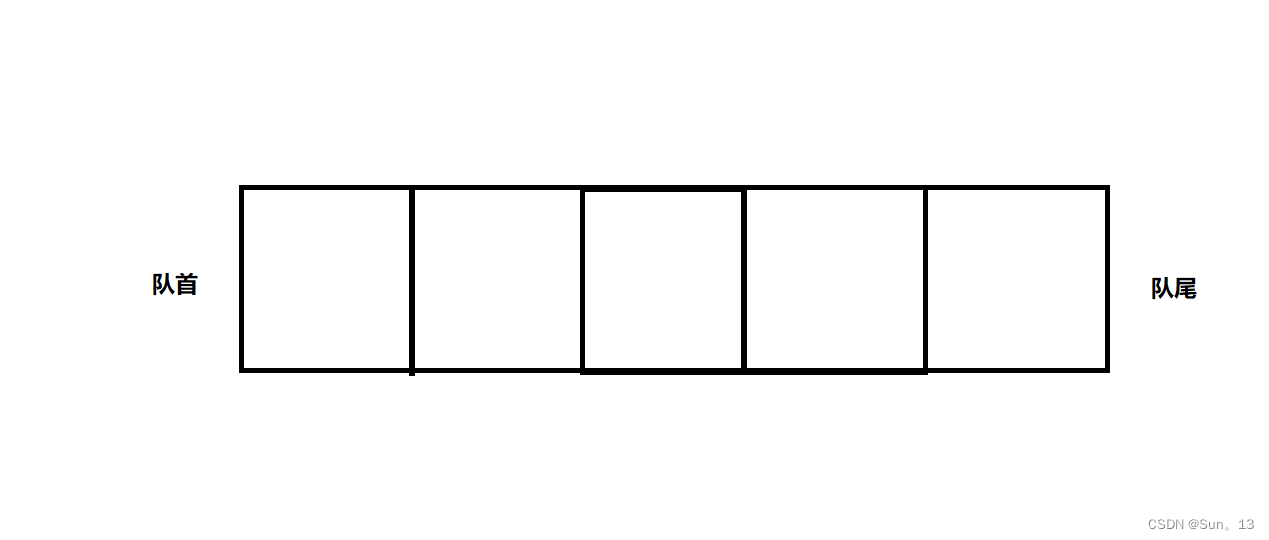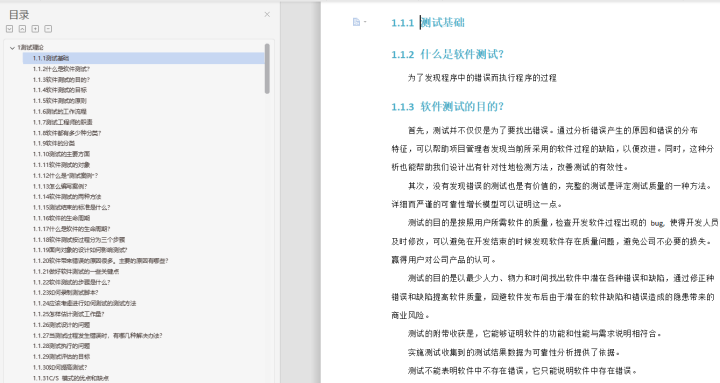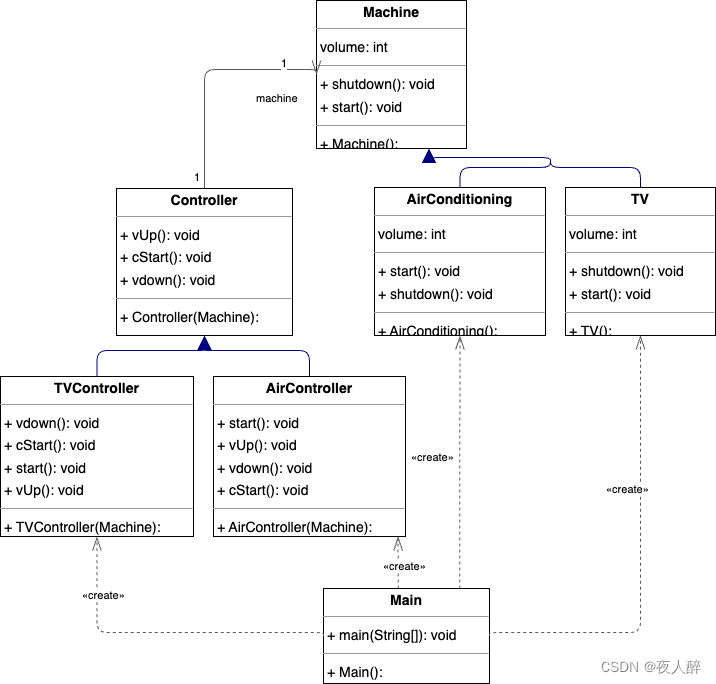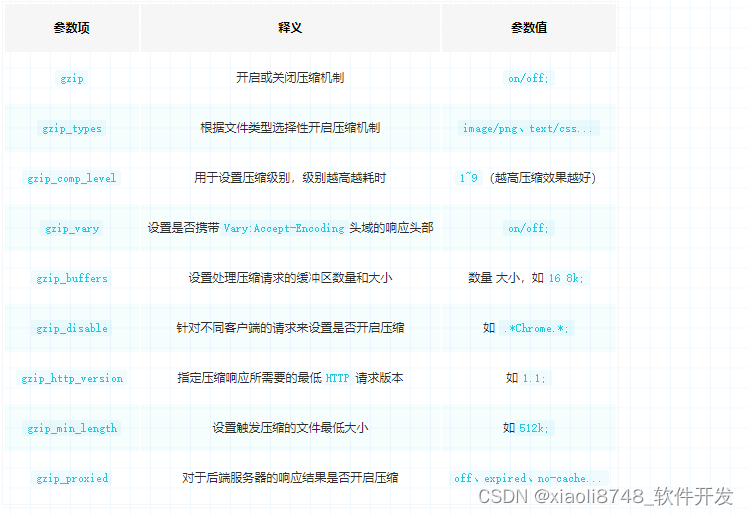这一节主要了解输入事件的获取,InputReaderThread继承自C++的Thread类,Thread类封装了pthread线程工具,提供了与Java层Thread类相似的API。C++的Thread类提供了一个名为threadLoop()的纯虚函数,当线程开始运行后,将会在内建的线程循环中不断地调用threadLoop(),直到此函数返回false,则退出线程循环,从而结束线程。
/frameworks/native/services/inputflinger/InputThread.cpp
class InputThreadImpl : public Thread {
public:
explicit InputThreadImpl(std::function<void()> loop)
: Thread(/* canCallJava */ true), mThreadLoop(loop) {}
~InputThreadImpl() {}
private:
std::function<void()> mThreadLoop;
bool threadLoop() override {
mThreadLoop();
return true;
}
};/frameworks/native/services/inputflinger/reader/InputReader.cpp
status_t InputReader::start() {
if (mThread) {
return ALREADY_EXISTS;
}
mThread = std::make_unique<InputThread>(
"InputReader", [this]() { loopOnce(); }, [this]() { mEventHub->wake(); });
return OK;
}
void InputReader::loopOnce() {
int32_t oldGeneration;
int32_t timeoutMillis;
bool inputDevicesChanged = false;
std::vector<InputDeviceInfo> inputDevices;
{ // acquire lock
AutoMutex _l(mLock);
oldGeneration = mGeneration;
timeoutMillis = -1;
uint32_t changes = mConfigurationChangesToRefresh;
if (changes) {
mConfigurationChangesToRefresh = 0;
timeoutMillis = 0;
refreshConfigurationLocked(changes);
} else if (mNextTimeout != LLONG_MAX) {
nsecs_t now = systemTime(SYSTEM_TIME_MONOTONIC);
timeoutMillis = toMillisecondTimeoutDelay(now, mNextTimeout);
}
} // release lock
// 通过EventHub获取事件列表 读取的结果存储在参数mEventBuffer中 表示事件的个数
size_t count = mEventHub->getEvents(timeoutMillis, mEventBuffer, EVENT_BUFFER_SIZE);
{ // acquire lock
AutoMutex _l(mLock);
mReaderIsAliveCondition.broadcast();
//如果获取到事件 对事件进行加工处理
if (count) {
processEventsLocked(mEventBuffer, count);
}
if (mNextTimeout != LLONG_MAX) {
nsecs_t now = systemTime(SYSTEM_TIME_MONOTONIC);
if (now >= mNextTimeout) {
#if DEBUG_RAW_EVENTS
ALOGD("Timeout expired, latency=%0.3fms", (now - mNextTimeout) * 0.000001f);
#endif
mNextTimeout = LLONG_MAX;
timeoutExpiredLocked(now);
}
}
if (oldGeneration != mGeneration) {
inputDevicesChanged = true;
getInputDevicesLocked(inputDevices);
}
} // release lock
// Send out a message that the describes the changed input devices.
if (inputDevicesChanged) {
mPolicy->notifyInputDevicesChanged(inputDevices);
}
// 发布事件 将所有事件交给InputDispatcher
mQueuedListener->flush();
}分析:首先从EventHub中抽取未处理的事件列表。这些事件分为两类,一类是从设备节点中读取的原始输入事件,另一类则是输入设备可用性变化事件,简称为设备事件。通过 processEventsLocke()对事件进行处理。对于设备事件,此函数对根据设备的可用性加载或移除设备对应的配置信息。对于原始输入事件,则在进行转译、封装与加工后将结果暂存到mQueuedListener 中。所有事件处理完毕后,调用mQueuedListener.flush()将所有暂存的输入事件一次性地交付给InputDispatcher。
/frameworks/native/services/inputflinger/reader/EventHub.cpp
size_t EventHub::getEvents(int timeoutMillis, RawEvent* buffer, size_t bufferSize) {
ALOG_ASSERT(bufferSize >= 1);
AutoMutex _l(mLock);
struct input_event readBuffer[bufferSize];
//每存储一个事件 event指针会向后偏移一个元素
RawEvent* event = buffer;
size_t capacity = bufferSize;
bool awoken = false;
for (;;) {
nsecs_t now = systemTime(SYSTEM_TIME_MONOTONIC);
// 重新打开设备节点
if (mNeedToReopenDevices) {
mNeedToReopenDevices = false;
ALOGI("Reopening all input devices due to a configuration change.");
closeAllDevicesLocked();
mNeedToScanDevices = true;
break; // return to the caller before we actually rescan
}
...
if (mNeedToScanDevices) {
mNeedToScanDevices = false;
scanDevicesLocked();
mNeedToSendFinishedDeviceScan = true;
}
while (mOpeningDevices != nullptr) {
Device* device = mOpeningDevices;
ALOGV("Reporting device opened: id=%d, name=%s\n", device->id, device->path.c_str());
mOpeningDevices = device->next;
event->when = now;
event->deviceId = device->id == mBuiltInKeyboardId ? 0 : device->id;
event->type = DEVICE_ADDED;
event += 1;
mNeedToSendFinishedDeviceScan = true;
if (--capacity == 0) {
break;
}
}
if (mNeedToSendFinishedDeviceScan) {
mNeedToSendFinishedDeviceScan = false;
event->when = now;
event->type = FINISHED_DEVICE_SCAN;
event += 1;
if (--capacity == 0) {
break;
}
}
// Grab the next input event.
bool deviceChanged = false;
// 处理未被InputReader取走的输入事件与设备事件
while (mPendingEventIndex < mPendingEventCount) {
const struct epoll_event& eventItem = mPendingEventItems[mPendingEventIndex++];
if (eventItem.data.fd == mINotifyFd) {
if (eventItem.events & EPOLLIN) {
mPendingINotify = true;
} else {
ALOGW("Received unexpected epoll event 0x%08x for INotify.", eventItem.events);
}
continue;
}
if (eventItem.data.fd == mWakeReadPipeFd) {
if (eventItem.events & EPOLLIN) {
ALOGV("awoken after wake()");
awoken = true;
char buffer[16];
ssize_t nRead;
do {
nRead = read(mWakeReadPipeFd, buffer, sizeof(buffer));
} while ((nRead == -1 && errno == EINTR) || nRead == sizeof(buffer));
} else {
ALOGW("Received unexpected epoll event 0x%08x for wake read pipe.",
eventItem.events);
}
continue;
}
Device* device = getDeviceByFdLocked(eventItem.data.fd);
if (!device) {
ALOGE("Received unexpected epoll event 0x%08x for unknown fd %d.", eventItem.events,
eventItem.data.fd);
ALOG_ASSERT(!DEBUG);
continue;
}
if (device->videoDevice && eventItem.data.fd == device->videoDevice->getFd()) {
if (eventItem.events & EPOLLIN) {
size_t numFrames = device->videoDevice->readAndQueueFrames();
if (numFrames == 0) {
ALOGE("Received epoll event for video device %s, but could not read frame",
device->videoDevice->getName().c_str());
}
} else if (eventItem.events & EPOLLHUP) {
// TODO(b/121395353) - consider adding EPOLLRDHUP
ALOGI("Removing video device %s due to epoll hang-up event.",
device->videoDevice->getName().c_str());
unregisterVideoDeviceFromEpollLocked(*device->videoDevice);
device->videoDevice = nullptr;
} else {
ALOGW("Received unexpected epoll event 0x%08x for device %s.", eventItem.events,
device->videoDevice->getName().c_str());
ALOG_ASSERT(!DEBUG);
}
continue;
}
// This must be an input event
if (eventItem.events & EPOLLIN) {
int32_t readSize =
read(device->fd, readBuffer, sizeof(struct input_event) * capacity);
...
}
// 设备节点发生增删操作
if (mPendingINotify && mPendingEventIndex >= mPendingEventCount) {
mPendingINotify = false;
readNotifyLocked();
deviceChanged = true;
}
// 等待新的事件
int pollResult = epoll_wait(mEpollFd, mPendingEventItems, EPOLL_MAX_EVENTS, timeoutMillis);
mLock.lock(); // reacquire lock after poll
if (pollResult == 0) {
// Timed out.
mPendingEventCount = 0;
break;
}
if (pollResult < 0) {
// An error occurred.
mPendingEventCount = 0;
// Sleep after errors to avoid locking up the system.
// Hopefully the error is transient.
if (errno != EINTR) {
ALOGW("poll failed (errno=%d)\n", errno);
usleep(100000);
}
} else {
// Some events occurred.
mPendingEventCount = size_t(pollResult);
}
}
// 获取所读取的事件数量
return event - buffer;
}分析: getEvent()函数使用Epoll的核心是mPendingEventItems数组,它是一个事件池。getEvents()函数会优先从这个事件池获取epoll 事件进行处理,并将读取相应的原始输入事件返回给调用者。当无法获得任何事件时,会调用epoll_wait()函数等待新事件到来,将事件池重新注满,然后再重新处理事件池中的Epoll事件。
EventHub的直译是事件集线器,它将所有的输入事件通过一个接口 getEvents()把从多个输人设备节点中读取的事件交给InputReader,它是输人系统最底层的一个组件。
/frameworks/native/services/inputflinger/reader/InputReader.cpp
void InputReader::processEventsLocked(const RawEvent* rawEvents, size_t count) {
for (const RawEvent* rawEvent = rawEvents; count;) {
int32_t type = rawEvent->type;
size_t batchSize = 1;
// 根据事件的类型区分原始输入事件或设备增删事件
if (type < EventHubInterface::FIRST_SYNTHETIC_EVENT) {
int32_t deviceId = rawEvent->deviceId;
while (batchSize < count) {
if (rawEvent[batchSize].type >= EventHubInterface::FIRST_SYNTHETIC_EVENT ||
rawEvent[batchSize].deviceId != deviceId) {
break;
}
batchSize += 1;
}
#if DEBUG_RAW_EVENTS
ALOGD("BatchSize: %zu Count: %zu", batchSize, count);
#endif
// 处理属于某一设备的一批事件 batchSize表示属于此设备的输入事件的个数
processEventsForDeviceLocked(deviceId, rawEvent, batchSize);
} else {
switch (rawEvent->type) {
case EventHubInterface::DEVICE_ADDED:
addDeviceLocked(rawEvent->when, rawEvent->deviceId);
break;
case EventHubInterface::DEVICE_REMOVED:
removeDeviceLocked(rawEvent->when, rawEvent->deviceId);
break;
case EventHubInterface::FINISHED_DEVICE_SCAN:
handleConfigurationChangedLocked(rawEvent->when);
break;
default:
ALOG_ASSERT(false); // can't happen
break;
}
}
count -= batchSize;
rawEvent += batchSize;
}
}
void InputReader::processEventsForDeviceLocked(int32_t eventHubId, const RawEvent* rawEvents,
size_t count) {
auto deviceIt = mDevices.find(eventHubId);
if (deviceIt == mDevices.end()) {
ALOGW("Discarding event for unknown eventHubId %d.", eventHubId);
return;
}
std::shared_ptr<InputDevice>& device = deviceIt->second;
if (device->isIgnored()) {
// ALOGD("Discarding event for ignored deviceId %d.", deviceId);
return;
}
// 调用InputDevice的process函数进行处理
device->process(rawEvents, count);
}/frameworks/native/services/inputflinger/reader/InputDevice.cpp
void InputDevice::process(const RawEvent* rawEvents, size_t count) {
for (const RawEvent* rawEvent = rawEvents; count != 0; rawEvent++) {
#if DEBUG_RAW_EVENTS
ALOGD("Input event: device=%d type=0x%04x code=0x%04x value=0x%08x when=%" PRId64,
rawEvent->deviceId, rawEvent->type, rawEvent->code, rawEvent->value, rawEvent->when);
#endif
if (mDropUntilNextSync) {
if (rawEvent->type == EV_SYN && rawEvent->code == SYN_REPORT) {
mDropUntilNextSync = false;
#if DEBUG_RAW_EVENTS
ALOGD("Recovered from input event buffer overrun.");
#endif
} else {
#if DEBUG_RAW_EVENTS
ALOGD("Dropped input event while waiting for next input sync.");
#endif
}
} else if (rawEvent->type == EV_SYN && rawEvent->code == SYN_DROPPED) {
ALOGI("Detected input event buffer overrun for device %s.", getName().c_str());
mDropUntilNextSync = true;
reset(rawEvent->when);
} else {
for_each_mapper_in_subdevice(rawEvent->deviceId, [rawEvent](InputMapper& mapper) {
mapper.process(rawEvent);
});
}
--count;
}
} 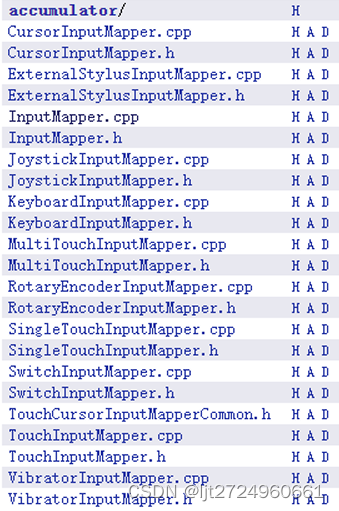
分析:InputDevice用来存储输入设备的信息,事件交给InputMapper的process()事件处理,它有很多子类 用于加工不同类型的原始输入事件,这里有点像责任连模式。





